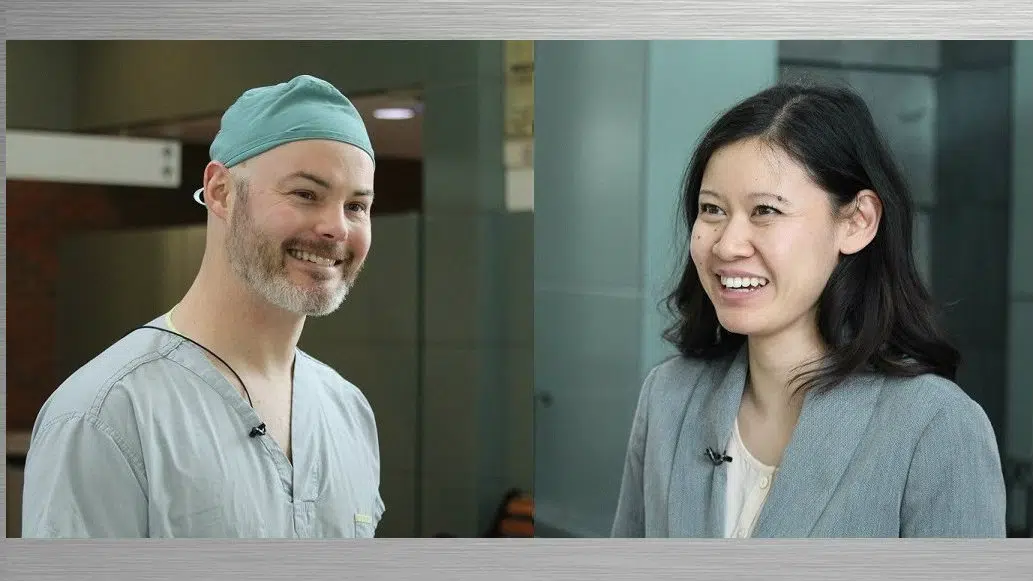
Surgery program at CRH earns commendation from American College of Surgeons
LETHBRIDGE – The Chinook Regional Hospital is the only hospital in Alberta, and just one of 83 hospitals worldwide, to be commended by the American College of Surgeons for exemplary surgical outcomes.
The college’s National Surgical Quality Improvement Program selected the local Alberta Health Services facility from more than 800 participating hospitals around the world.
About 10,000 surgeries, including day surgeries, are performed annually at Chinook Regional Hospital, which joined the National Surgical Quality Improvement Program in 2014.
Dr. Jack Regehr, AHS South Zone Medical Director says they’re tremendously grateful to nurses, hospital staff, physicians and surgeons for the great job they do in going above and beyond to serve patients.


